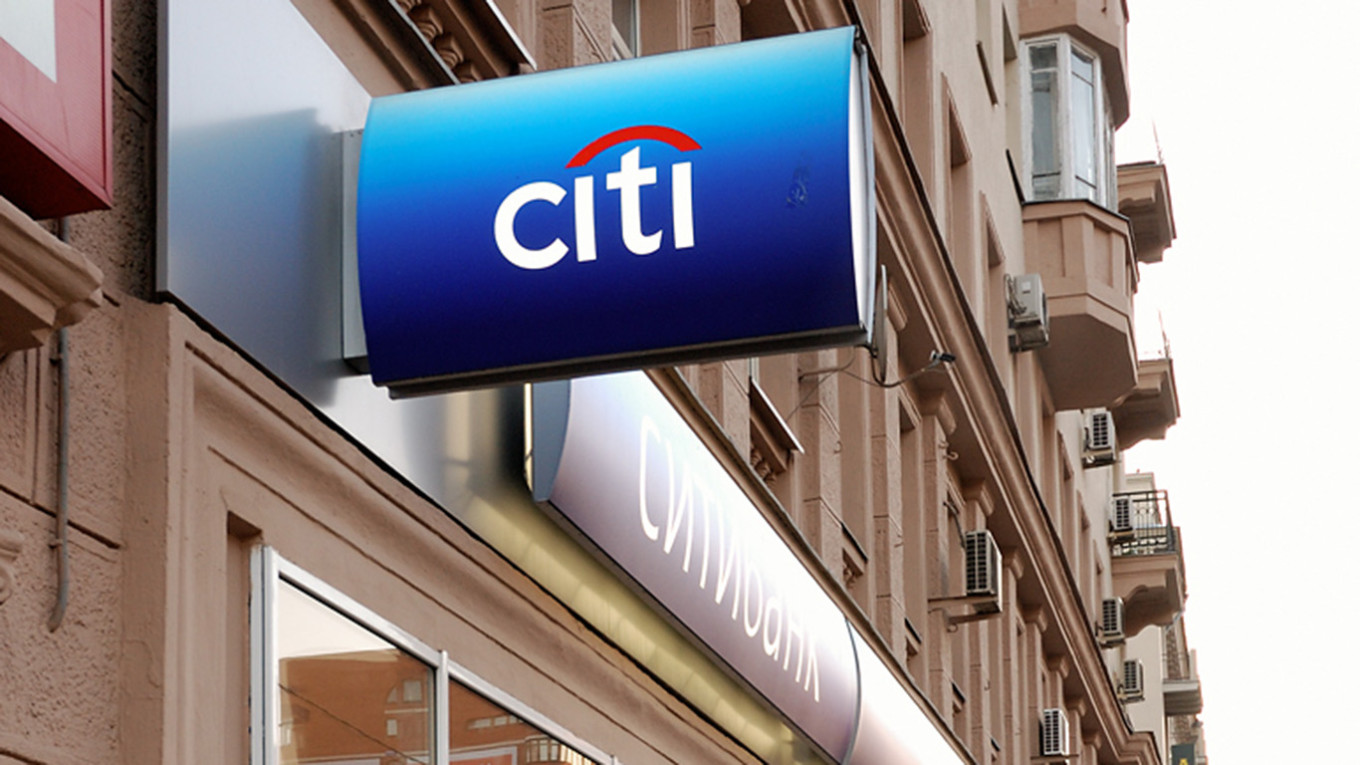The American Citibank — one of the largest Western banks in the Russian market and among the country’s top 20 in terms of assets — is finally leaving Russia, reports The Moscow Times.
Citi’s Russian subsidiary will be sold to Renaissance Capital, a financial group that was owned until 2024 by billionaire Mikhail Prokhorov, a former presidential candidate who received 8% of the vote in the 2012 election.
A decree authorizing Citi to sell its Russian bank to Renaissance was signed on Wednesday by Vladimir Putin. The amount of the deal has not been disclosed.
Citi, which had operated in Russia since the early 1990s, decided to divest from its Russian business even before the war began — in 2021. After the invasion of Ukraine, the bank began winding down its operations: between 2022 and 2025, the volume of loans issued by the bank fell by 98%, while deposits from individuals and corporate accounts decreased by a factor of 90 to 150.
Last year, the bank stopped servicing all debit cards, suspended operations through the Central Bank’s Fast Payment System, and halted money transfers, cash withdrawals at terminals, and QR code payments. In November 2024, Citi closed its last active branch serving retail clients — the office near Paveletskaya metro station in Moscow. In October 2025, Citibank ended all servicing of savings and deposit accounts.
After the start of the war, most Western banks announced plans to divest from Russia. However, only a few managed to sell their subsidiaries — including France’s Société Générale, the Netherlands’ ING, and the U.S. Goldman Sachs.
The largest Western bank still operating in Russia, Raiffeisenbank, has faced pressure from the Kremlin, which has reportedly been blocking sale agreements. According to Reuters sources, Russian authorities are seeking to preserve remaining “financial bridges” with Europe, which continues to buy Russian oil and gas worth several billion euros annually




















